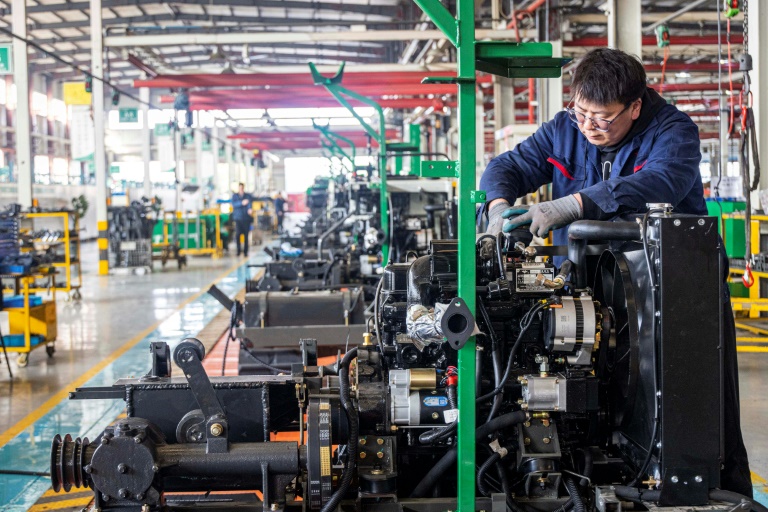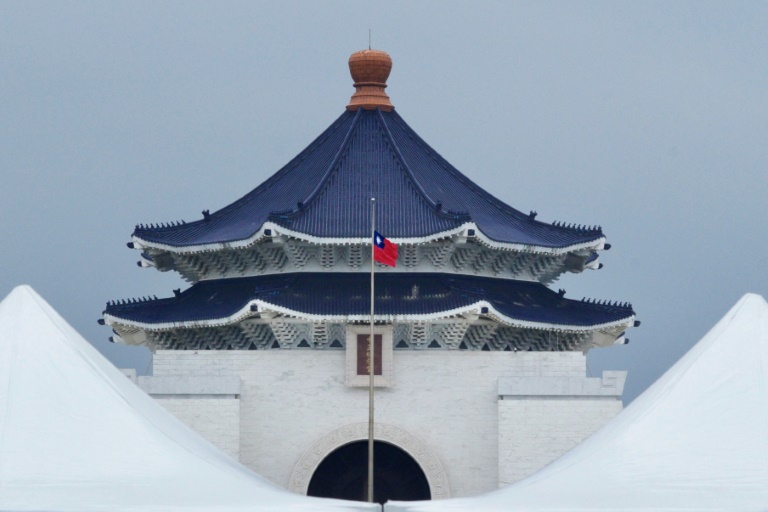BANK of Japan (BOJ) governor Kazuo Ueda said it was too early to conclude that inflation was close to sustainably meeting the central bank’s 2 per cent inflation target and stressed the need to scrutinise more data on the wage outlook.
“I don’t think we are there yet,” Ueda told a news conference after attending the G20 finance leaders’ meeting in Sao Paulo, when asked whether achievement of the price goal was already in sight.
“We need to confirm whether a positive wage-inflation cycle would kick off and strengthen,” Ueda said, adding that companies’ annual wage negotiations with unions later this month would be crucial in making the judgment.
With inflation having exceeded 2 per cent for well over a year, many market players expect the BOJ to end its negative interest rate policy by April.
Ueda’s remarks contrasted with those of BOJ board member Hajime Takata in Japan earlier on Thursday (Feb 29), who said sustained achievement of 2 per cent inflation was already in sight.
The yen and Japanese bond yields rose after Takata’s hawkish remarks, which fuelled speculation the BOJ could end negative rates in March rather than the widely held view that such a move would come in April.
Big firms will settle negotiations on next year’s pay with unions on Mar 13, ahead of the BOJ policy meeting on Mar 18 to 19. Economists project wage hikes of about 3.9 per cent on average, exceeding a 3.58 per cent pay rise deal struck in 2023 that was the highest in three decades.
Ueda said it was notable that unions are demanding pay increases higher than those made last year, and that many firms appear keen to offer wage hikes.
But he said the BOJ needs to scrutinise the collective outcome of the wage negotiations, as well as the results of its hearings conducted on companies and other data that offer clues on whether wages and inflation will continue to rise in tandem.
Ueda stopped short on saying whether the preferred choice for ending negative rates would be in March or April.
Japan unexpectedly slipped into a recession at the end of last year with the economy shrinking an annualised 0.4 per cent in October to December on weak corporate and household spending.
Despite the soft reading, Ueda said there was no change to the BOJ’s view the economy was on track for a moderate recovery.
“While real wages may not immediately turn positive, there’s hope that this year’s annual wage talks will yield solid results that would give consumption a sustained boost,” Ueda said.
Capital expenditure also will likely increase, given companies are retaining strong investment plans, he added.
The BOJ has stressed its readiness to phase out its massive stimulus once it has judged that Japan can achieve its inflation target in a stable, sustainable fashion.
In an effort to reflate growth and keep inflation stably at its 2 per cent inflation target, the BOJ currently guides short-term rates at -0.1 per cent and the 10-year government bond yield around 0 per cent. REUTERS







